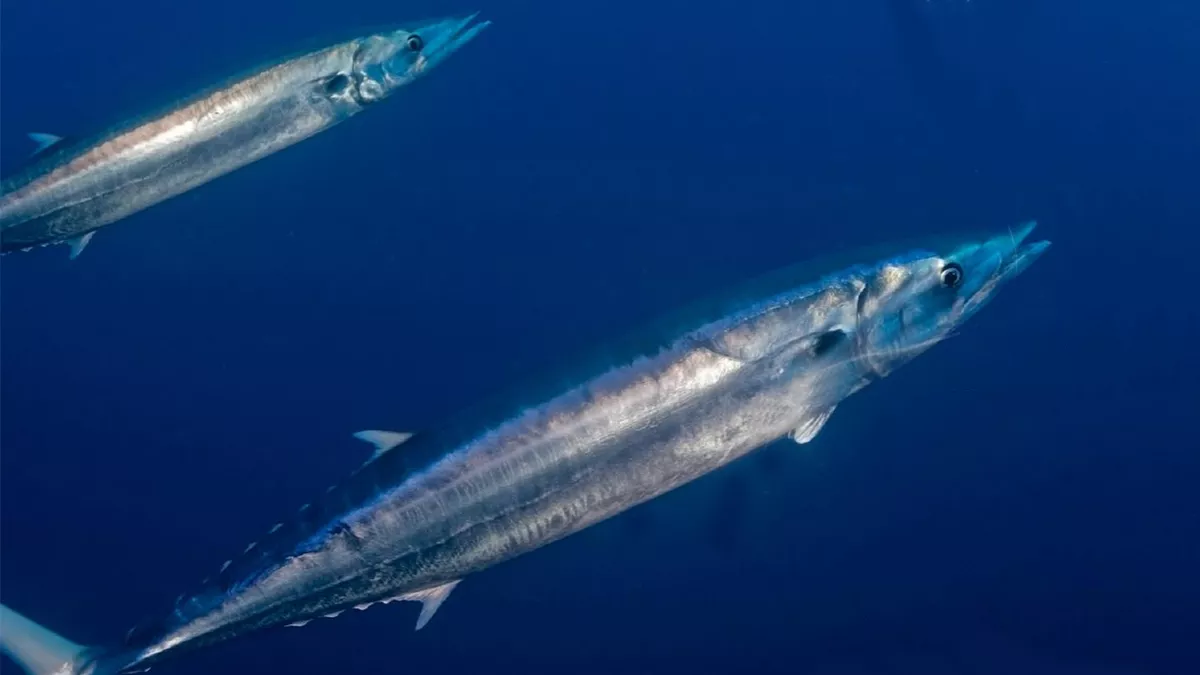
Abu Dhabi has launched the first-ever satellite tracking programme for kingfish. The United Arab Emirates University and the Environment Agency-Abu Dhabi (EAD) are working together to control the migratory fisheries in the emirate.
Executive director of EAD's terrestrial and marine biodiversity sector Ahmed Al Hashemi stated, "The project to track kingfish by satellite is considered the first of its kind in the world, as there are other similar projects that have been implemented to track sharks, tuna, and yellowtail kingfish and some types of large fish in Norway, Australia, and the United States."
This will be accomplished by examining the kingfish's habits and migration patterns in the Arabian Gulf, determining their biological traits, and emphasising the times of year when they spawn in the waters around Abu Dhabi.
The kingfish is a kind of pelagic fish that migrates, living in tiny groups at varying depths and moving from place to place in search of food. Due to its great economic, nutritional, and cultural value—it is the most often captured migratory species in Abu Dhabi—it was selected for the research.
A contemporary technique for researching the route and pattern of fish and other migratory species' movement is the use of satellite tracking technologies. In order to minimise trauma and guarantee the fish's success, the tracking device is quickly affixed to its dorsal fin. The fish is then let back into the ocean to finish its life cycle. After six months or in accordance with a pre-programmed time period, the gadget autonomously separates from the fish and starts transmitting data to the satellite.
According to Al Hashemi, data collection on fish movement starts when the device detaches from the fish's body and floats on the water's surface on its own after a predetermined six months, or if it gets disconnected. After that, the gadget starts corresponding with the satellite and transmits crucial data on the fish's trajectory from the launch site. Next, using goniometers and GPS systems to locate the gadget, the technical team sets out to recover it from the water and collect all the data and measurements that were taken.
He noted that out of the total of 18 devices allotted for this project, 8 tracking devices have been mounted on kingfish and deployed in Abu Dhabi's waters; the remaining devices will be installed at the start of this year's kingfish season. This will assist in gathering the information required for the study and preparing the project's final report, which will include suggestions for controlling the exploitation of migratory species in the emirate's seas and managing fishing resources.
According to studies, one of the gadgets revealed that the fish had moved up to 350 kilometres—or 40 km per day and 1.8 km per hour—after it split from it at a location 100 km from the launch site. When compared to other species whose movement patterns have been researched, including the marlin, whose reported speed reached 0.8 km/h, the kingfish moves quite quickly. almost the course of the nine-day tracking period, or 194 hours, the kingfish's gadget logged almost 2,000 distinct measurements.
